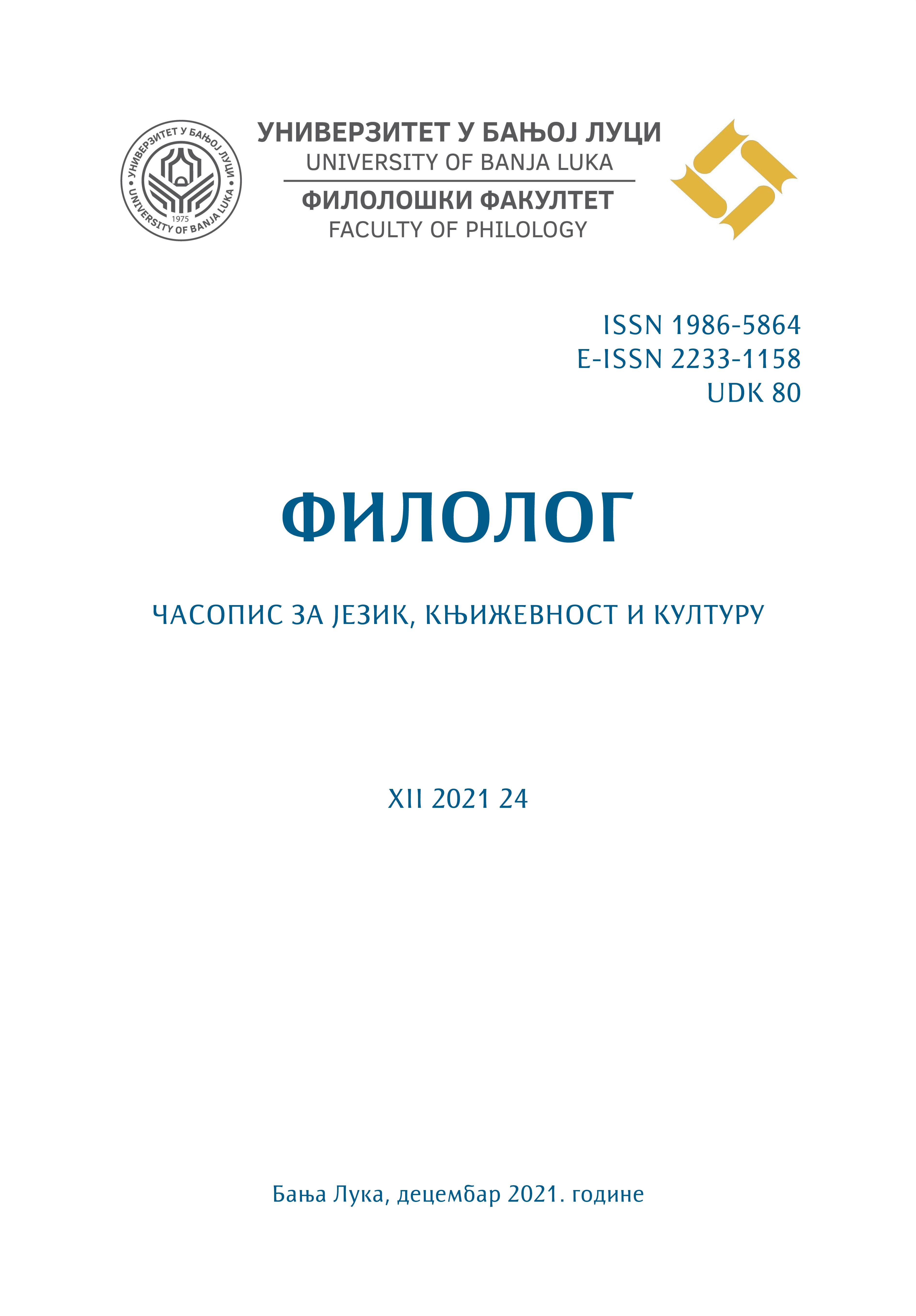WHAT CAN FOREIGN LANGUAGE TEACHERS LEARN FROM MULTIDISCIPLINARY HUMOUR RESEARCH
WHAT CAN FOREIGN LANGUAGE TEACHERS LEARN FROM MULTIDISCIPLINARY HUMOUR RESEARCH
Author(s): Sanja R. Josifović-ElezovićSubject(s): Language and Literature Studies, Foreign languages learning, Theoretical Linguistics, Studies of Literature
Published by: Филолошки факултет Универзитета у Бањој Луци
Keywords: education; foreign language; humour; learners; teachers; teaching;
Summary/Abstract: The aim of this article is to explore the advantages of the employment of humour in foreign language teaching for teachers and adult learners. How could teachers and learners in foreign language instruction benefit from improved humour awareness and developed humour competence? The paper reviews major definitions, theories, functions, and types of humour from multidisciplinary humour research, and examines the role of humour in foreign language instruction in view of important empirical findings and current requirements for foreign language speakers as stated in Common European Reference for Languages (2020). Conclusions suggest which kinds of humour should be incorporated into a contemporary foreign language classroom, and why. Further study recommendations are proposed that would allow for more effective applications of humour in modern adult foreign language education.
Journal: Филолог – часопис за језик, књижевност и културу
- Issue Year: 12/2021
- Issue No: 24
- Page Range: 222-238
- Page Count: 17
- Language: English

